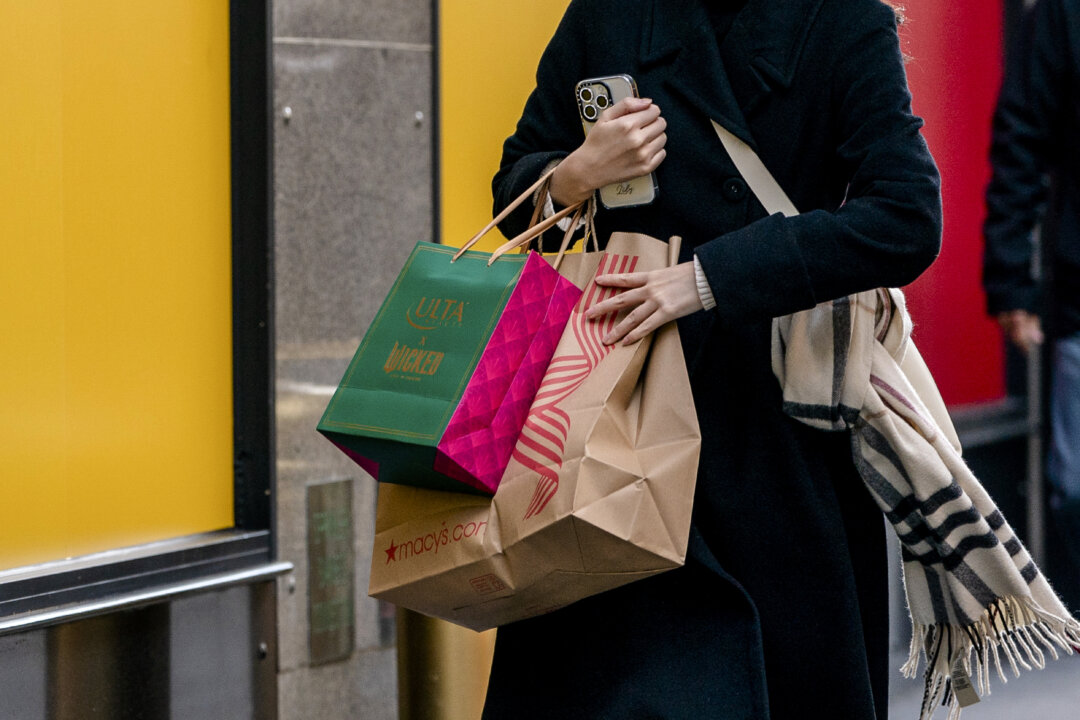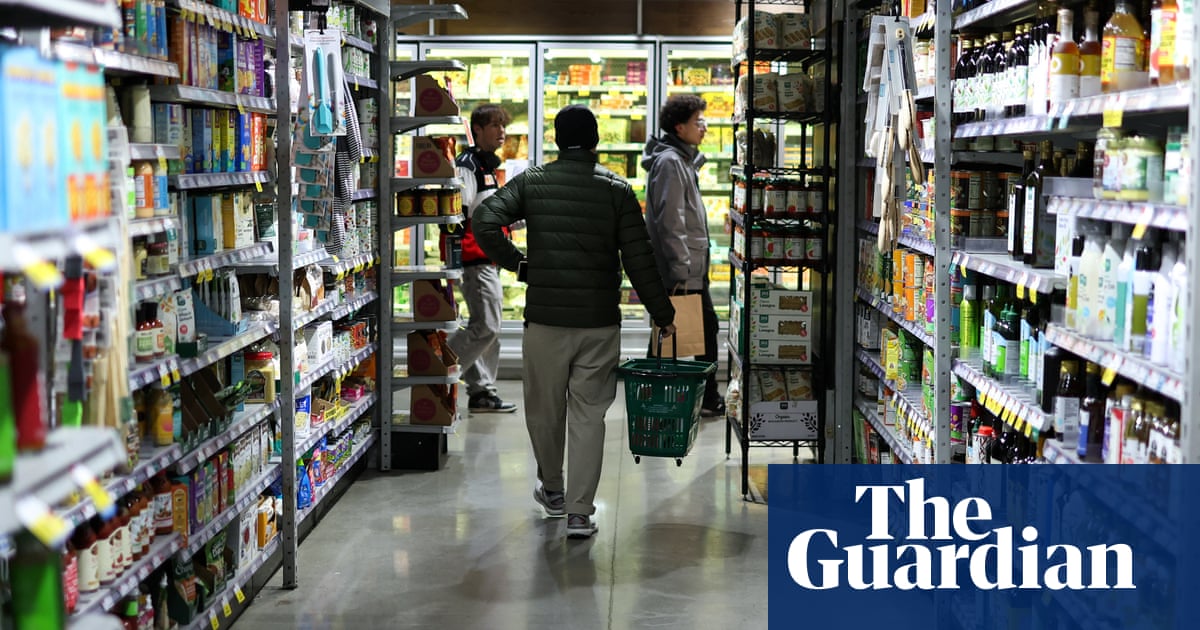Consumer Confidence Drops Amid Ongoing Market Volatility and Economic Uncertainty
February saw a sharp decline in U.S. consumer confidence, dropping to 98.3, amid growing concerns over inflation and tariffs.
Overview
Consumer confidence in the U.S. fell sharply in February, declining to 98.3, its largest monthly drop since August 2021. This decline reflects heightened pessimism regarding inflation and trade tariffs. Concurrently, Wall Street faced a downturn, with the S&P 500 and Nasdaq hitting one-month lows as fears over economic conditions spread. The Conference Board’s report indicated worsening views on employment and business conditions, while the Expectations Index fell to a recession-signal level. Both consumers and stocks reacted to concerns surrounding inflation, prompting caution in spending and investments amid uncertainties tied to economic policies and market conditions.
Report issue

Read both sides in 5 minutes each day
Analysis
- Consumer confidence in the U.S. has sharply declined, indicating rising concerns over the economy under Donald Trump’s administration, including fears of inflation and job cuts.
- The Conference Board's Consumer Confidence Index saw its largest drop since 2021, with many consumers expecting a recession in the near future.
- Rising inflation expectations, particularly around essential goods, along with the proposed tariffs, are causing consumers to alter their spending behaviors, reflecting a broader uncertainty about the economy.
Articles (11)
Center (6)
FAQ
The decline in consumer confidence was primarily driven by rising inflation concerns and worries about tariffs, as well as economic uncertainty related to government policies.
The stock market reacted negatively, with the S&P 500 falling by about 0.8% to 0.9% and the Nasdaq declining by 1.6% to 1.8% following the release of the consumer confidence report.
A sustained decline in consumer confidence could signal trouble for the economy, potentially leading to weaker retail sales, slower job growth, and increased risk of a recession.
Inflation expectations among consumers surged from 5.2% to 6% in February, reflecting concerns over rising prices of household staples and potential impacts of tariffs.
History
- 8M

 5 articles
5 articles









